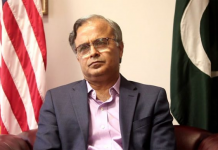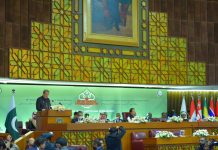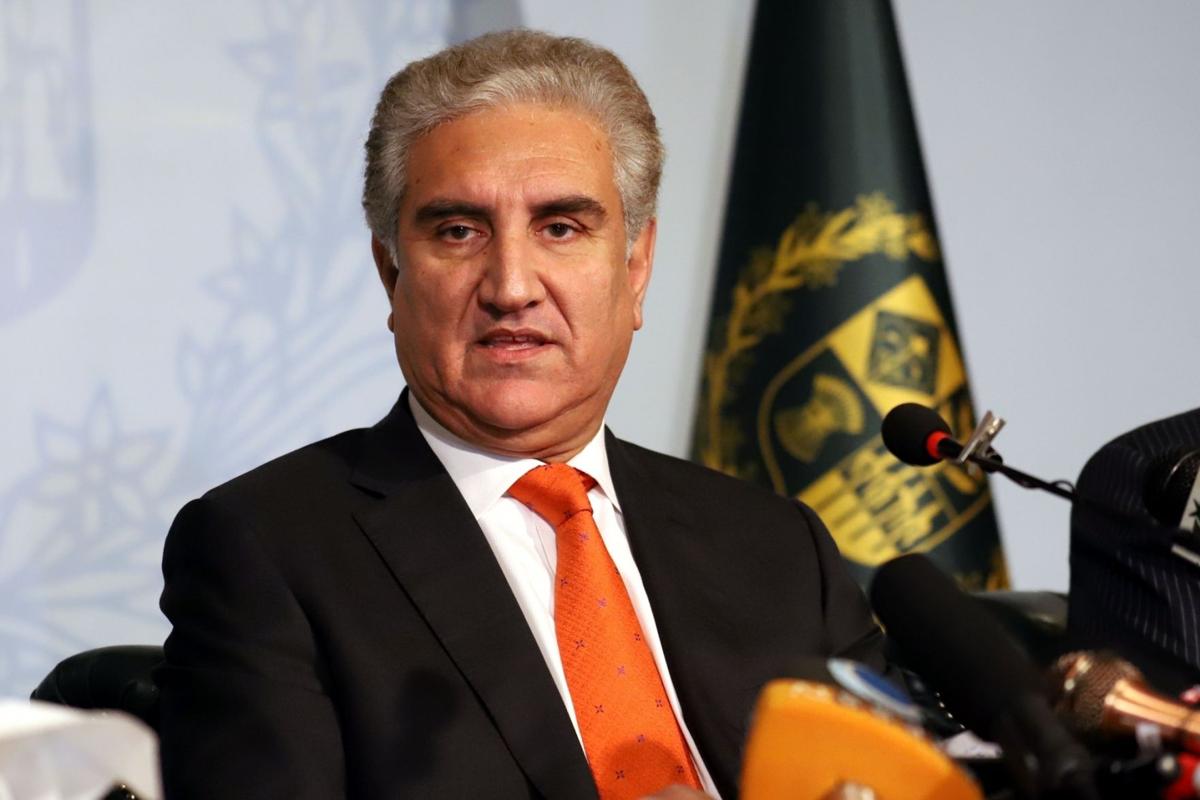The government has planned to award 684 overseas scho
larships, 2,171 indigenous scho
larships and 2,490 need based scho
larships during the year 2021-22, und
er the Knowledge Economy Initiatives.
According to the Annual Development Plan (ADP), another target is to train 300 needs-based scho
larship beneficiaries in 10 workshops during the period. While around 200 Postdoctoral fellowships will be awarded to the scholars during this period.
The largest ongoing programme for local undergraduates is Ehsaas Undergraduates that provides 50,000 scho
larships per annum. Under this programme, 12,000 (tentatively) new scho
larships will be awarded.
During the year 2021-22, und
er the knowledge economy vertical, an important project is planned for advanced skill development in priority technology areas for top scholars in top 100 global universities.
The major developmental focus of the Knowledge Economy initiatives would be mainly in the areas including Human Resource Development (HRD), Nano-Technology, Quality Assurance and Standards, Halal Accreditation, Medical Devices and Health, Electronics and Automation and Herbal Medicines.
The new projects, to be executed by the Science and Technology Task Force, relating to Gene Editing, Industry Research Centre Collaboration, Failure analysis and patent support will provide key ingredients of developing the knowledge economy.
According to the ADP, an amount of Rs 8,341 million has been allocated to Ministry of Science and Technology for its development projects including Rs 3,490.76 million for projects of the ministry while Rs. 4,851.23 million will be provided for projects suggested by Prime Minister Task Force on Knowledge Economy.
An amount of Rs 37.3 billion will be provided for development projects of the higher education sector. In addition, funds amounting to Rs. 5.15 billion will also be provided for projects under special packages for Southern Balochistan, Gilgit Baltistan and Interior Sindh .
About the projects to be executed by the Ministry of Science and Technology, Science Talent Farming Scheme (STFS) is one of the flagship schemes of the ministry that focuses on creating Science and Technology manpower for the future. Under this ongoing scheme, more student batches would be selected for award of scho
larships. The innovative activities and entrepreneurship culture in talented youth will be supported by providing challenge funds to youth, researchers and academia in a competitive environment.
In
order to
build capabilities for sustainable growth, the ministry has been implementing a Competitive Research Programme under which research grants will be provided to address the mega national issues and promote world class research.
To identify and facilitate the intelligent and science oriented students, the ministry is launching Science, Technology, Engineering and Mathematics (STEM) at school and college levels in Pakistan which would enable the students to achieve their goals in their field of interest.
Awareness among Small and Medium Enterprises (SMEs) for adoption of certification systems to help improve their performance and productivity would continue to be undertaken und
er the Certification Incentive Programme.
Und
er the scheme, awareness seminars in association with local Chambers of Commerce and Industry will be arranged throughout th
e country, as and when required in
order to maximize the receiving number of applications by SMEs for grant of Incentive Awards. Under Halal Accreditation, efforts by Pakistan Council of Scientific and Industrial Research (PCSIR) will be made to create awareness in Pakistani manufacturers, exporters and traders regarding Halal Standards to
build international credibility as well as create Halal testing laboratory facilities.












